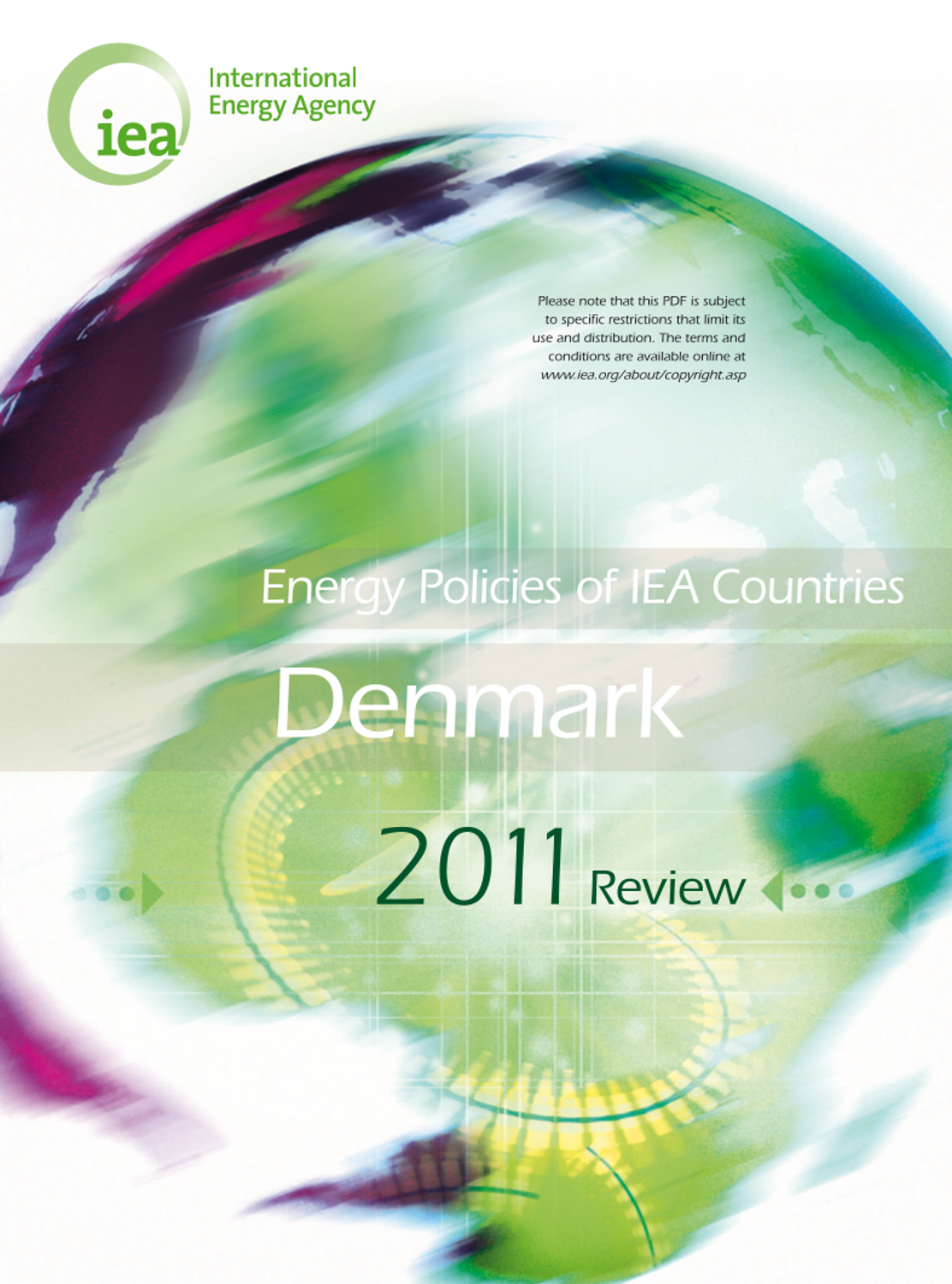
통계연감
Energy Policies of IEA Countries: Denmark ... Review
- 서명
- Energy Policies of IEA Countries
- 저자
- OECD/IEA
- 발행사항
- Paris : OECD/IEA, 2002-
소장정보
| 위치 | 등록번호 | 청구기호 / 출력 | 상태 | 반납예정일 |
|---|---|---|---|---|
이용 가능 (3) | ||||
| 자료실 | E204743 | 대출가능 | - | |
| 자료실 | P412977 | 대출가능 | - | |
| 자료실 | P418965 | 대출가능 | - | |
이용 가능 (3)
- 등록번호
- E204743
- 상태/반납예정일
- 대출가능
- -
- 위치/청구기호(출력)
- 자료실
- 등록번호
- P412977
- 상태/반납예정일
- 대출가능
- -
- 위치/청구기호(출력)
- 자료실
- 등록번호
- P418965
- 상태/반납예정일
- 대출가능
- -
- 위치/청구기호(출력)
- 자료실
책 소개
Denmark is a leader among OECD member countries in terms of its well-designed policies for renewable energy, energy efficiency and climate change. The country is a forthright voice in international fora for climate policy and a strong advocate of tougher climate-change mitigation measures. A long history of consensus-based policy making and political stability has been leveraged to develop Denmark's far-reaching and comprehensive energy policies, and also allowed a clear long-term vision to emerge. Denmark's long-term energy goal is to become completely independent of fossil fuels use by 2050. In 2011, the government published the Energy Strategy 2050, a detailed and ambitious policy document that sets out a series of new energy-policy initiatives. The strategy aims to transform Denmark into a low-carbon society with a stable and affordable energy supply. The first phase of the strategy focuses on a series of short-term initiatives that significantly re
